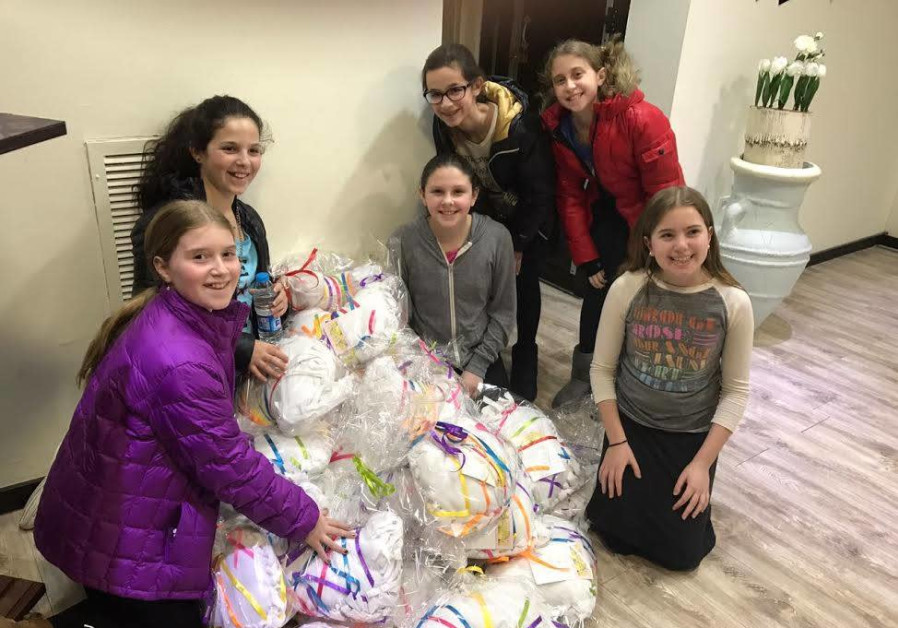Sophie Baruch, 43, a single mother from Kiryat Yam next to Haifa, found a lump in her breast last August. She said she rarely goes to the doctor but knew that this time she had no choice. Her mammogram was clean but the ultra-sound showed she had breast cancer.She began treatment soon afterwards, doing chemotherapy and biological treatments. She was already on unpaid leave from her job in an afterschool program, just barely making ends meet. After her diagnosis, she applied for money from Bituach Leumi (the National Insurance Institute), Israel’s social security program, but it often takes months to start paying. She worried about how she would take care of her children, one aged 14 and one in the army.“One night I didn’t sleep at all because I was so worried about money,” she tells The Jerusalem Report. “I was in the worst financial position I had ever been in, and I wasn’t sure how I was going to buy food in the supermarket.”A social worker in the hospital told her about the Israel Lemonade Fund, which provides one-time grants to breast cancer patients for extra expenses. She applied, and the day after the sleepless night, found the money deposited in her account. The first thing she did was take a trip to the grocery store.“They simply saved me,” she says. “It was like a ray of light in all of the darkness, and it came just when I needed it.”The founder of the Israel Lemonade Fund, Shari Mendes, also remembers the day of her diagnosis, also in the month of August but ten years ago.
“It was just a routine mammogram and I was totally blasé about it,” she said. “Within seconds, everything turned black and serious. It was like something in a movie.”She made a full recovery and one year later to the day started the Israel Lemonade Fund, a non-profit organization that helps breast cancer patients who are in financial crisis while they are in treatment.“It’s just too scary to be very sick and also worry about finances,” Mendes says. “If you are terrified you are going to die, no matter how good the prognosis is, you shouldn’t have to worry about the electric bill or paying for babysitting.”She says most one-time grants are 2,000-3,000 shekels and the receiver can use them for whatever they term most necessary. One woman, she said, needed a new dress for her daughter’s wedding, because she had lost so much weight during her cancer treatment. Another woman used the money to move so she could be close to a relative to help take care of her.

Israel Lemonade Fund -Making lemonade out of lemons for Israelis with breast cancer
Most one-time grants are 2,000-3,000 shekels and the receiver can use them for whatever they term most necessary.
